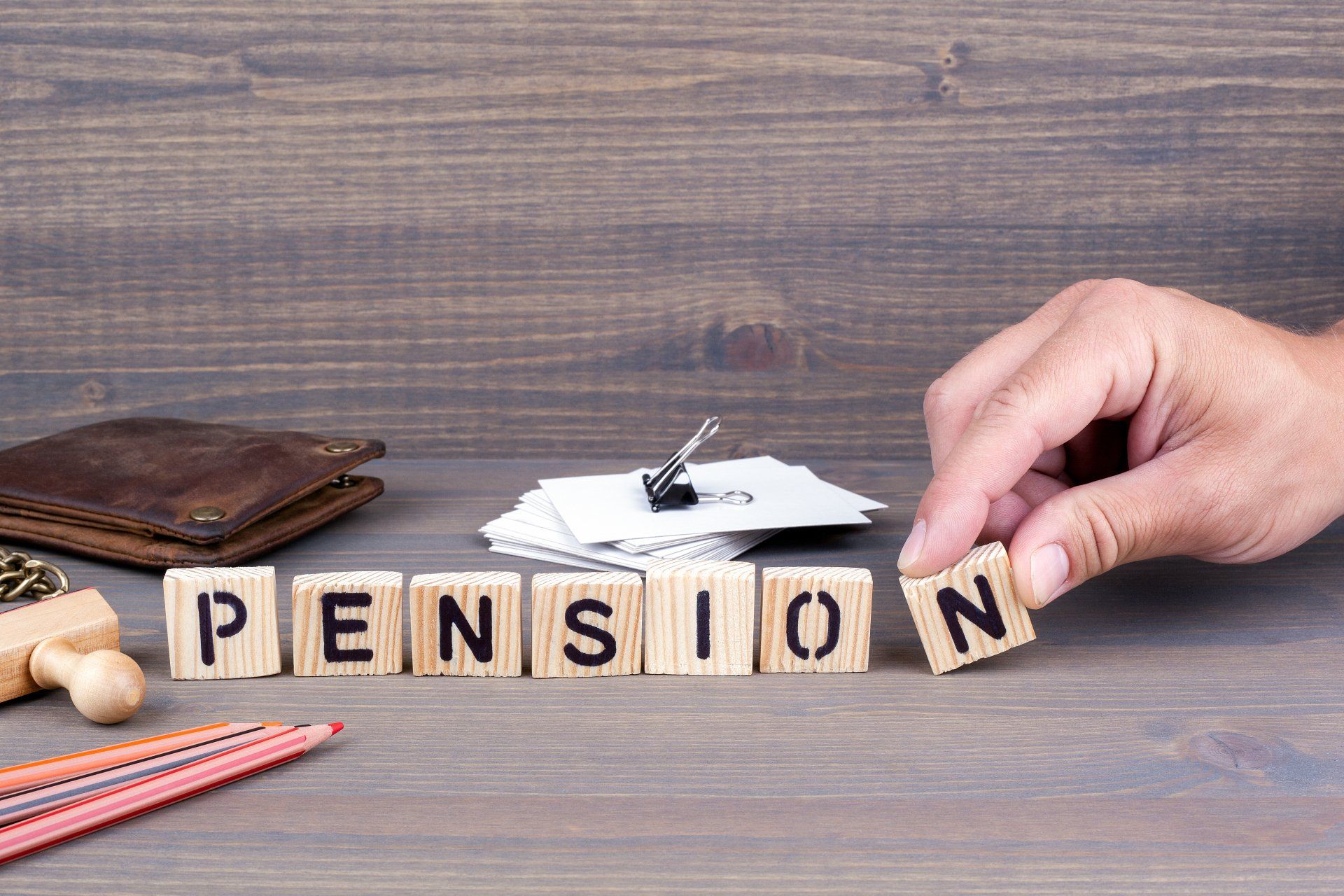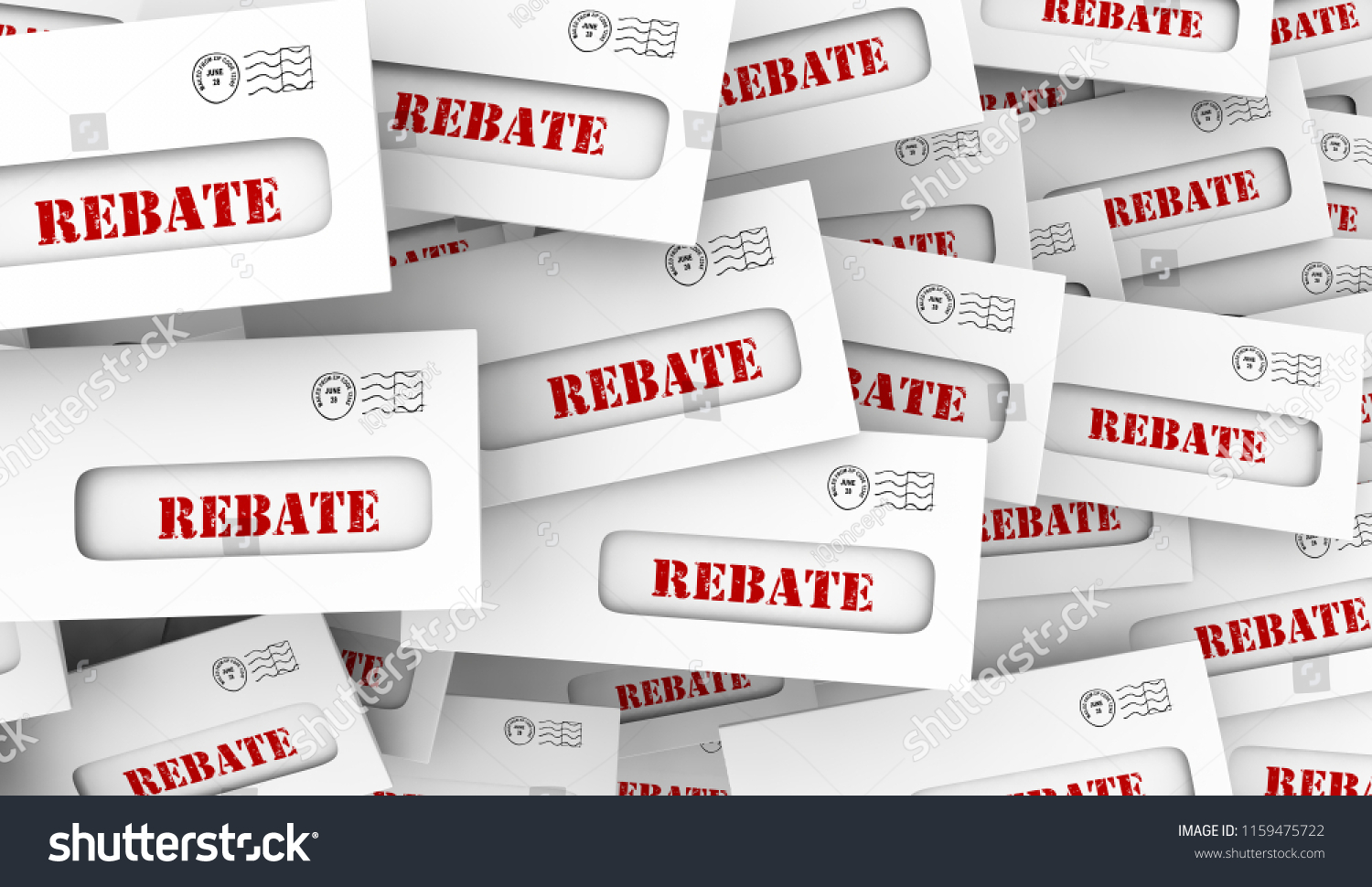Compensation Tax Refund
What is PAYE?
PAYE - or 'pay as you earn' - alludes to personal duty which is deducted from your compensation before you get it. Presented in 1944, this is currently the manner in which most workers cover annual assessment. The cash is sent to HMRC by your manager 'at source' – which means straightforwardly from your compensation before it arrives at your record. National Insurance and understudy credit reimbursements may likewise be deducted along these lines. The elective method to pay personal duty is self-appraisal, whereby people total a self-evaluation assessment form and typically pay charge more than once per year.


PAYE on your PENSION
PAYE is likewise used to gather charge from the individuals who get pension income. The cash you get is paid net, which means after expense has been deducted. Expense you owe will be gathered by your pension provider (ordinarily an annuity plan or annuity firm) and sent to HMRC. Your pension provider will likewise deduct any assessment you owe on your state benefits. On the off chance that you get installments from more than one supplier - for instance, a working environment benefits and a private annuity - HMRC will request that only one take out the expense for your state pension payments.
PAYE when you are self-employed
Individuals who are independently employed normally round out self-appraisal annual tax documents once per year, and make two 'installment on account' stores to HMRC in January and July. In certain conditions, be that as it may, you can pay charge through PAYE rather – which implies your assessment is paid naturally and there's no risk of missing a cutoff time.


What if I have paid too much tax?
If the P800 form shows that you've paid too much tax, HMRC will usually refund this by sending you a cheque in the post. You should receive this payment by the September after the end of the tax year.
If you believe you have overpaid in tax, but HMRC has not refunded you, check below if you are entitled to claim.
How do I know if I’m due a tax refund or rebate from HMRC?
How do I know if I’m due a tax refund or rebate from HMRC?
On the off chance that you pay tax through the PAYE framework you may in some cases settle a lot of assessment and notice this by taking a gander at your payslip or P800.
There are different explanations behind this, however the most widely recognized was being given a wrong PAYE code -, for example, one called crisis charge which you may have been put on when you start a new position.
If you think you have overpaid tax through PAYE in the present duty year, tell HMRC before the finish of the expense year - which was April 6 2018 - and reveal to them why you think you have paid excessively.

Here are some instances where you might have overpaid and entitle you to a claim: SAhe tax year in which the excessive charge emerged to guarantee a refund.
What to do when you want to file a claim?
Click on the button below and fill out the form. A customer service representative will contact you within 48 hours.
WHY CHOOSE ALLISON ALLCOTT




